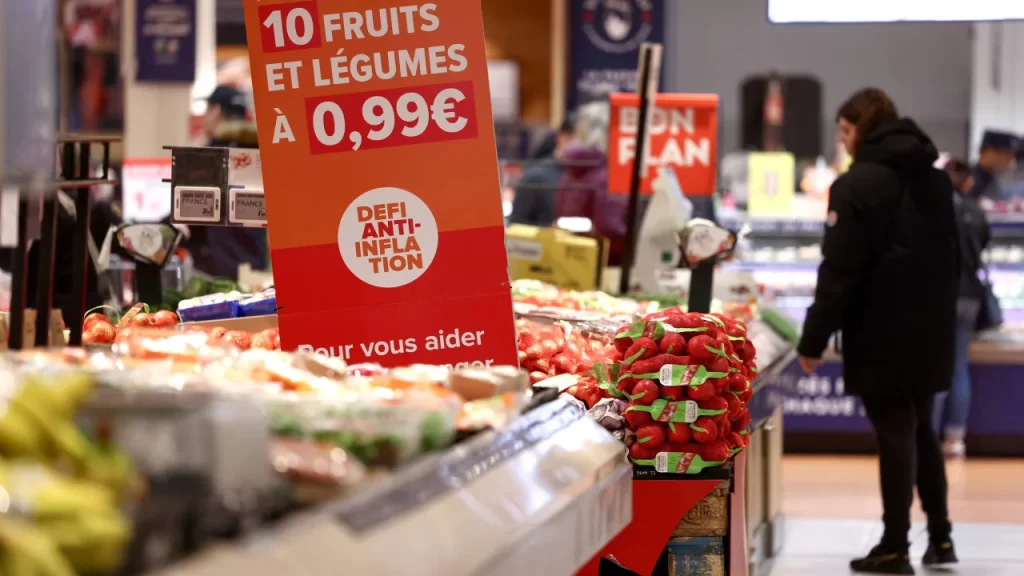Consumer prices in the 20 countries that use the euro rose 5.3% on average this month compared with a year ago, preliminary estimates by Europe’s statistics office showed Thursday. That was unchanged from the annual rate of inflation in July. Core inflation, which excludes volatile food and energy prices, eased to 5.3%, from 5.5% in July.
Food, alcohol, tobacco and services were the biggest drivers of inflation in August, although those prices rose at a slower pace than the previous month. Energy prices fell 3.3% over the year to August, compared with a decline of 6.1% in July, but increased on a monthly basis by 3.2%.
Economists polled by Reuters had expected overall inflation to slow down to 5.1%, still well above the 2% rate targeted by the European Central Bank (ECB).
Persistent inflation could encourage the central bank to raise interest rates again, to a new record-high, when it meets next month, despite growing evidence that the European economy is at risk of sliding into a recession. The ECB in July raised rates for the ninth consecutive time, taking the benchmark borrowing cost in the euro area to 3.75%.
Since then, survey data has highlighted the risk that Germany’s economy — the biggest in Europe — may already be falling back into recession. It suffered the steepest decline in business activity for more than three years this month, according to Purchasing Managers’ Index data published last week.
— CutC by cnn.com





